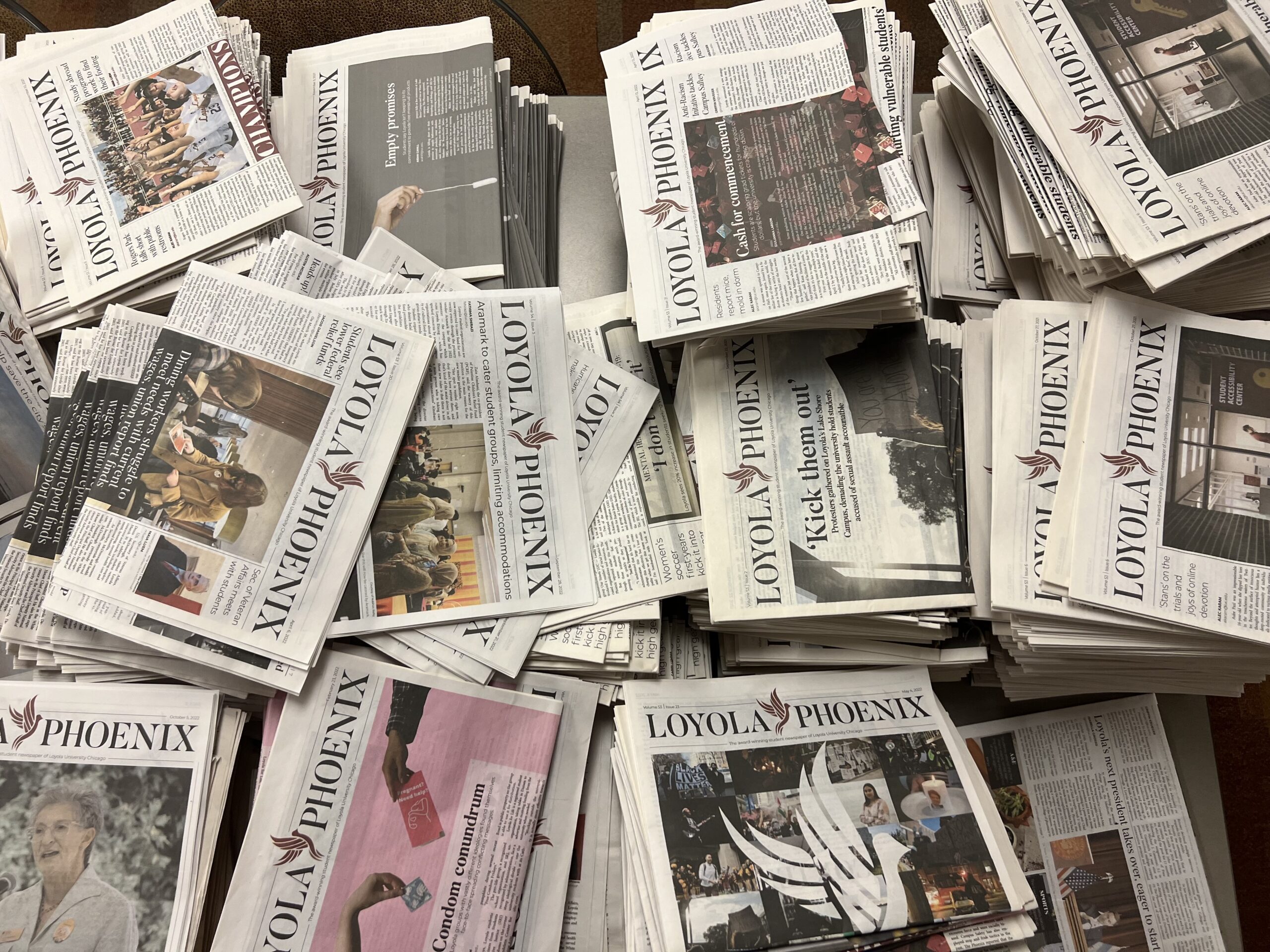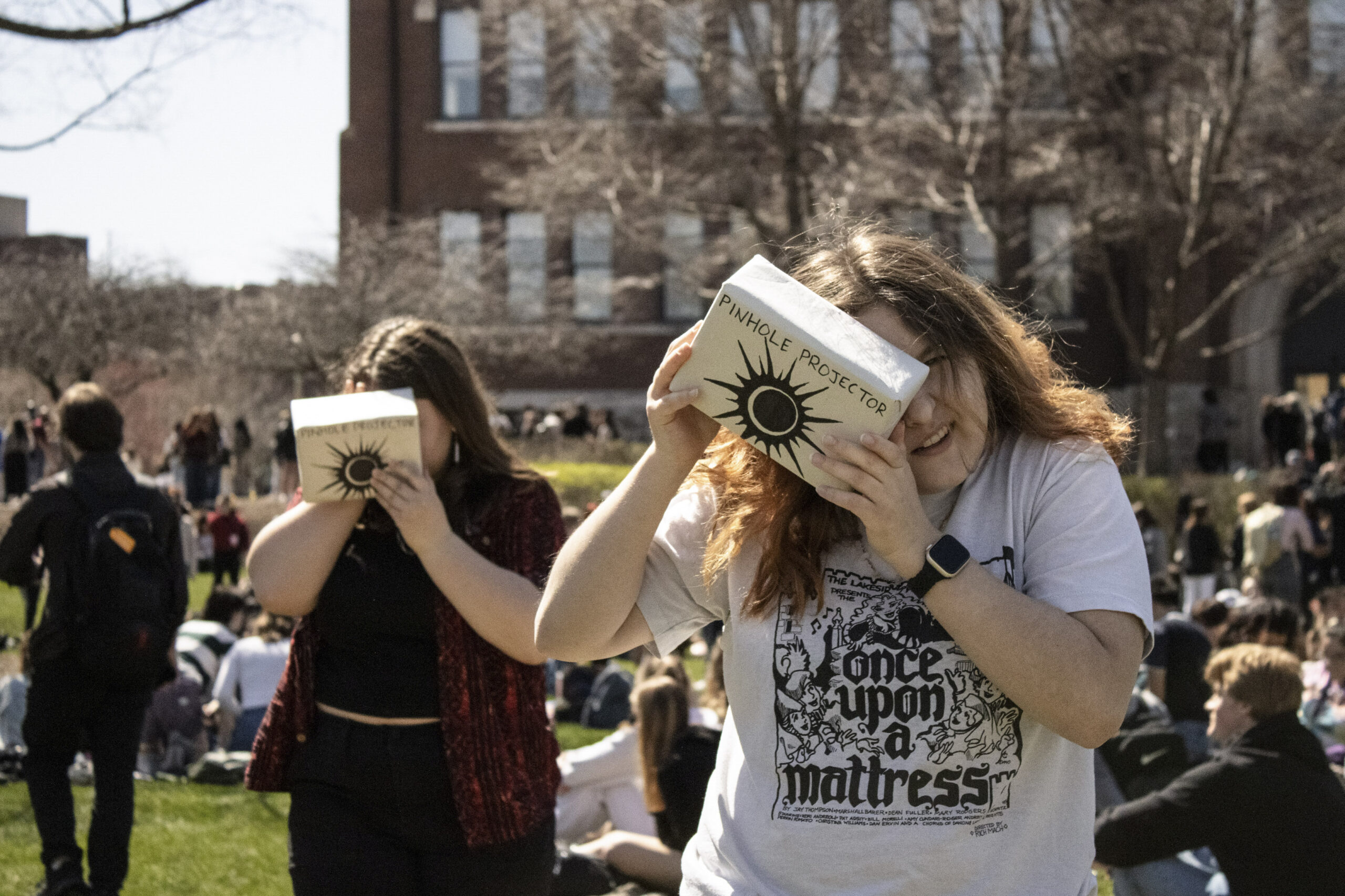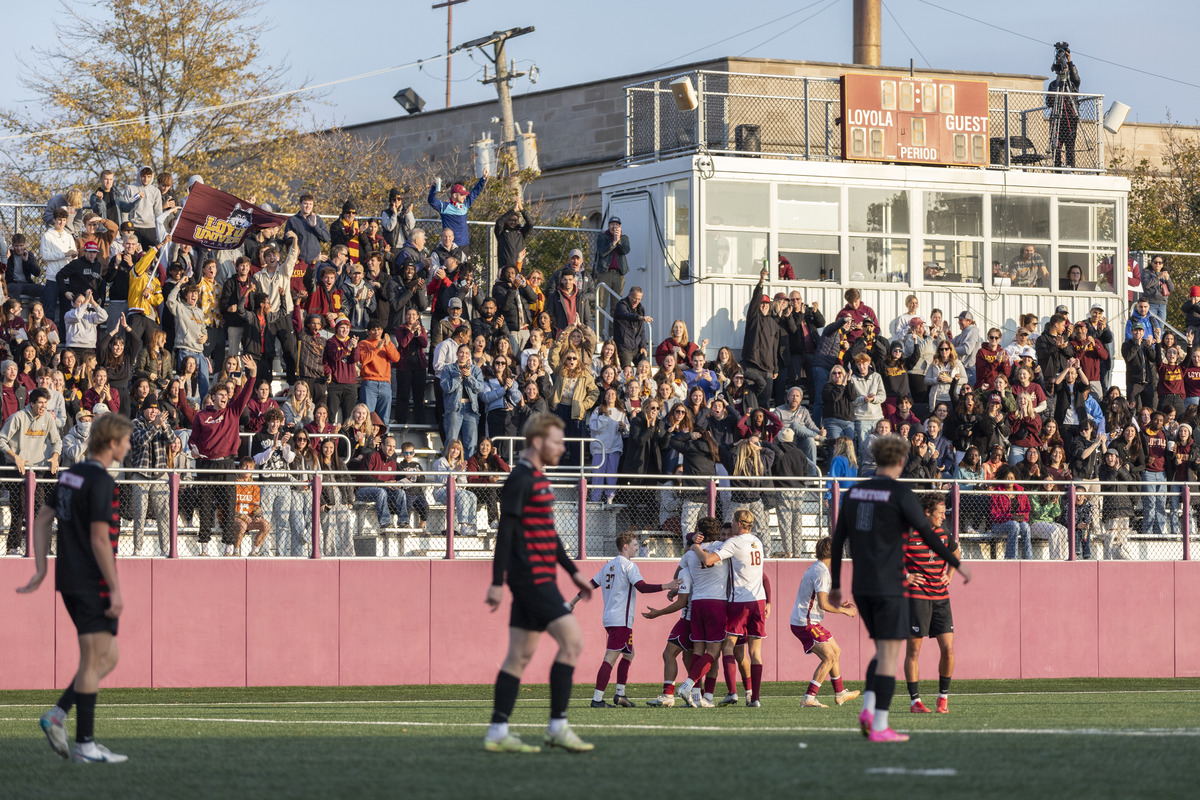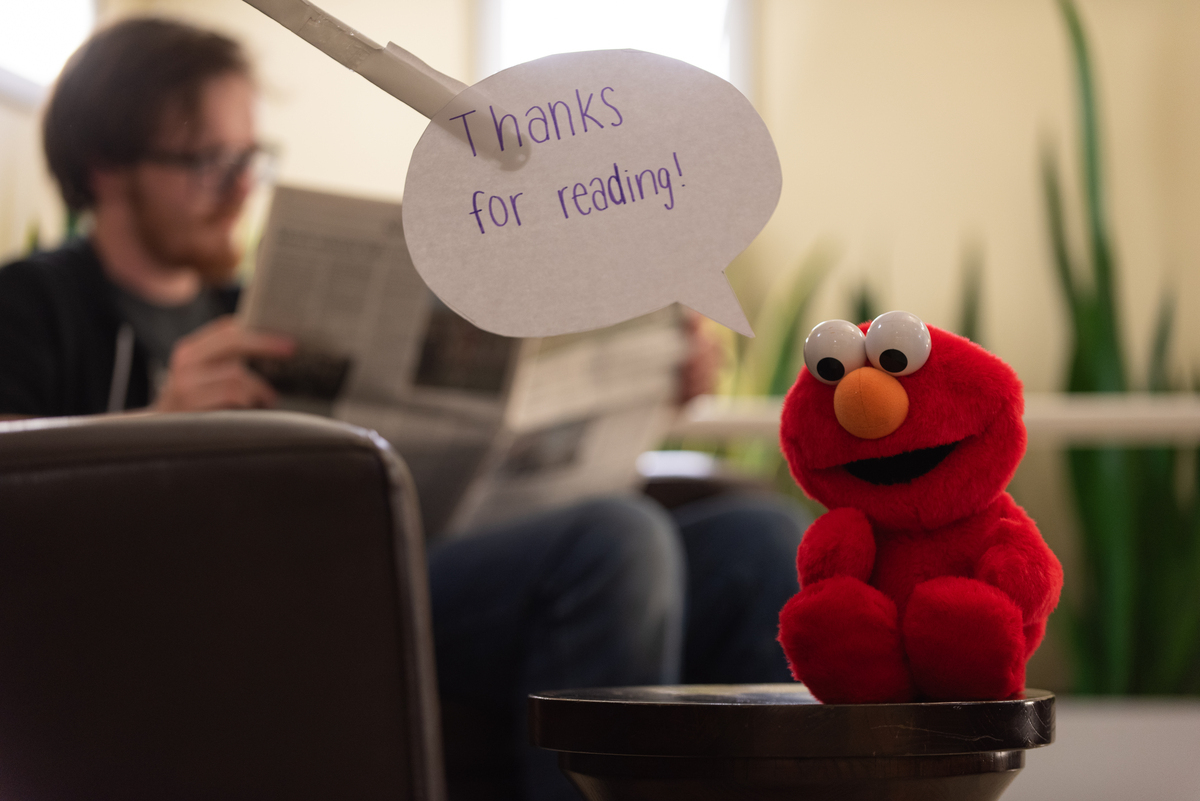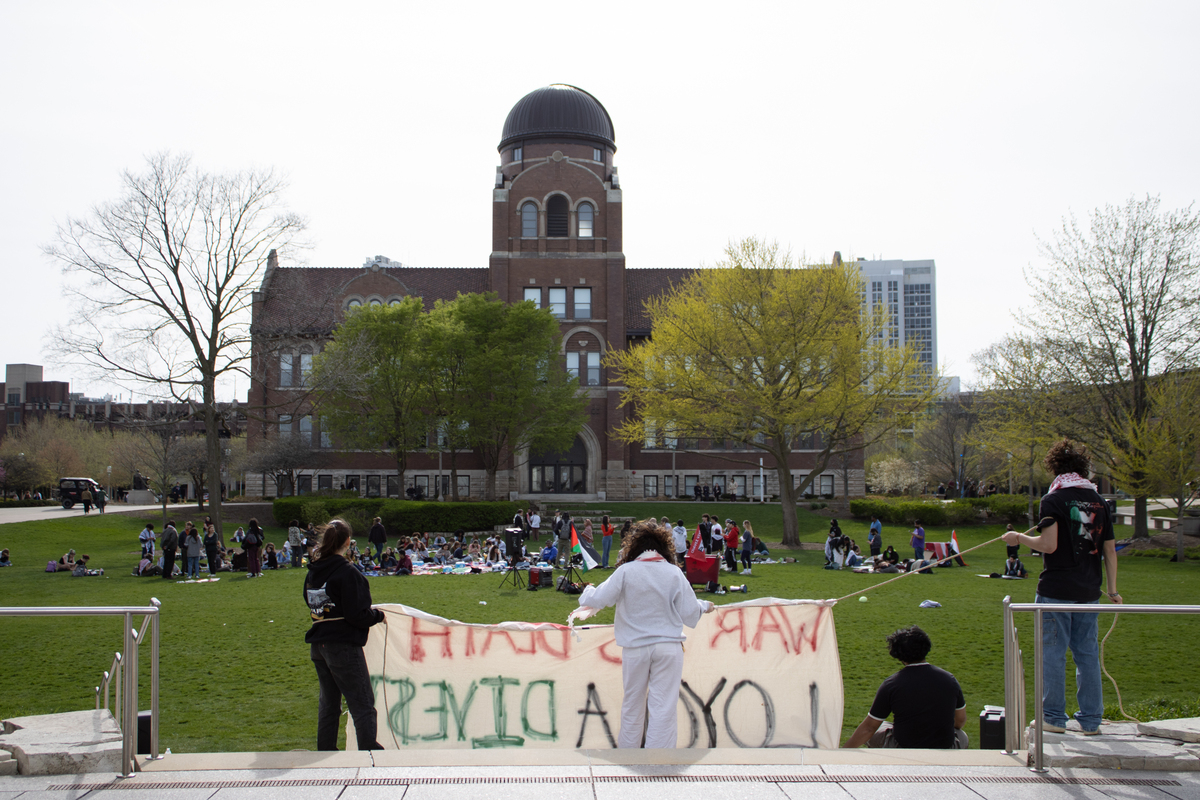The site advertises itself as a means for students to connect with one another in an effort to figure out which professors should be avoided.
When choosing a professor is made as easy as reading a Yelp review, it’s no wonder RateMyProfessors has become the not-so-secret tool of most students today.
RateMyProfessors allows students to post anonymous reviews of their instructors while citing their final grade. Professors, in turn, receive an overall rating on a scale of one to five, a difficulty rating and a percentage of how many students would take a class with this professor again.
The site advertises itself as a means for students to connect with one another in an effort to figure out which professors should be avoided.
Many teachers said that one of the biggest flaws of RateMyProfessors is the fact that there’s no way to verify whether or not the student has actually had the professor they are rating. In effect, just about anyone can leave a review of the professors listed on the site.
“Surveys in which responders choose to submit their responses are unscientific, unreliable and biased,” Emmanuel Barron, a statistics professor, said.
RateMyProfessors didn’t immediately respond for comment.
Dennis Plott, a professor of economics, believed some of his reviews were left by students who hadn’t even taken his class. Anthropology professor Dr. Kristin Krueger also said she was uncomfortable with the lack of accountability for the anonymous posts.
“I would never, ever promote RateMyProfessors as an accurate indicator of quality of teaching,” Krueger said. “Those who post on this site, from my perspective, operate on spectrum ends — they either love you or hate you, and that has more to do with whether you mesh with that professor’s personality. It’s a popularity contest masquerading as something useful or helpful.”
The reliability of RateMyProfessors received mixed reviews from students.
Junior Megan Grizzle, a psychology major, believed that RateMyProfessors was a pretty accurate indicator of how difficult a class is going to be. Grizzle said that having looked at RateMyProfessors, she was able to accurately gauge a professor’s difficulty level and teaching style.
However, Grizzle said she doubts the site is a true testament to the quality of Loyola’s professors.
“It doesn’t tell how good a professor is going to be but it tells how the workload is going to be,” said Grizzle, who often looks at the site during and while choosing classes.
Similarly, first-year bioinformatics major Pranati Sukh said when teachers have pages of bad reviews, it’s usually not coincidental.
“If it’s on RateMyProfessors and teachers are getting bad reviews, there’s probably a reason,” Sukh, 18, said. “But there’s also some kids who just don’t like a professor because they are getting bad grades.”
Though students said they believed the site to be accurate to some degree, they were also quick to note that the site unfairly presents only the extreme views of any given professor or class. Both professors and students believed this hurts the site’s legitimacy.
Biology major Caitlin Gray, 20, said students who don’t hold strong opinions are unlikely to leave mediocre reviews. She said the site was a good representation of the best and worst parts of a professor.
Many professors believed the site to be misrepresentative, but others were less condemnatory of the site itself. Plott said he showed some of his bad ratings on the first day of classes as an icebreaker and used it as a way to guide his teaching.
“Some of the reviews were pretty comical because it was obvious that the student did not do their job,” Plott said. “So I thought, what if I preemptively point this out, to help students not make the same mistake?”
But by the summer, Plott said he had started to receive more bad reviews because of this.
“It was meant to be a bit humorous,” Plott said. “But then I started getting reviews saying that professor Plott was boasting about his bad reviews.”
Despite this, he was overall in favor of the site itself. Since course evaluations are not publicized, Plott expressed that RateMyProfessors was the only resource where students could voice their opinions.
The site has seemingly made an effort to bolster its legitimacy in recent years. Plott said that RateMyProfessors used to feature a category where students could review a teacher’s physical “hotness,” and rate them with a chili pepper icon if they were found to be attractive. RateMyProfessors has since done away with the chili pepper rating.
Multimedia journalism professor Patty Lamberti said course evaluations, unlike RateMyProfessors, don’t give rise to reviews that comment on a professor’s physical characteristics.
“One time I did open it and I remember a student had said I had a really annoying voice,” Lamberti said. “Quite frankly it just hurt my feelings. I thought, ‘Oh my god, do I really need to open myself to this regularly?’”
No matter where professors fell on the spectrum of RateMyProfessors legitimacy, all of them were at least somewhat unsettled by the idea of being rated on the internet for all to see.
“Professors did not go into teaching to think one day they would be publicly rated by their students,” Lamberti said. “It’s a game that professors haven’t agreed to be a part of.”




